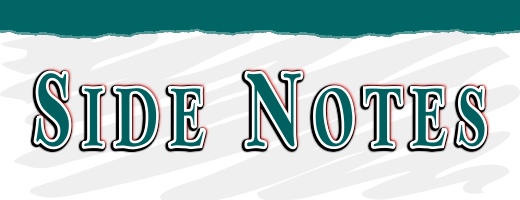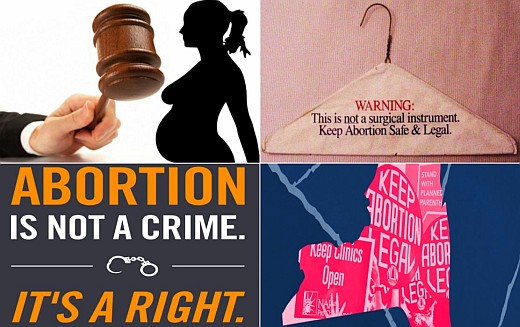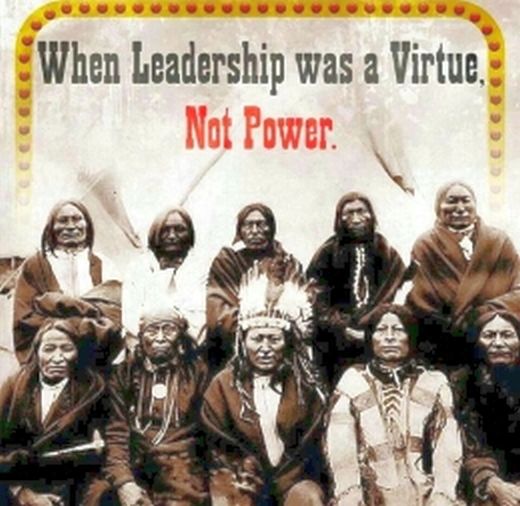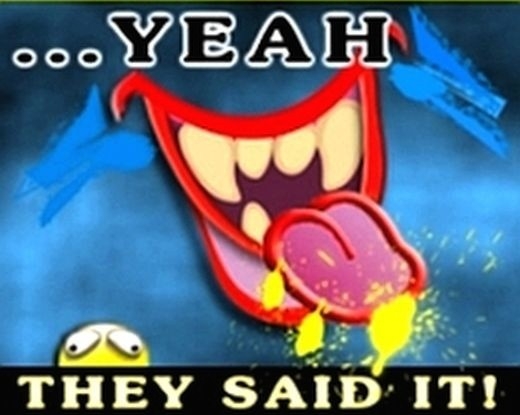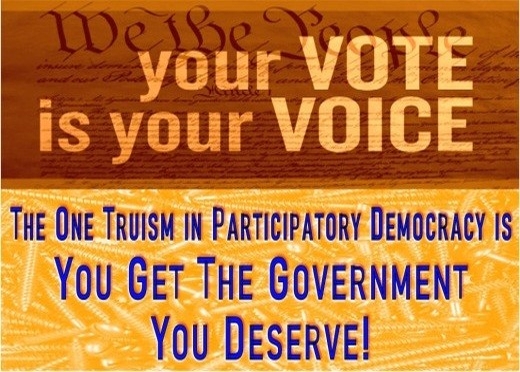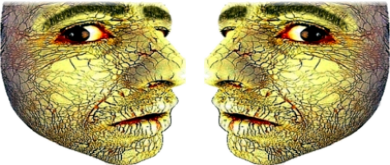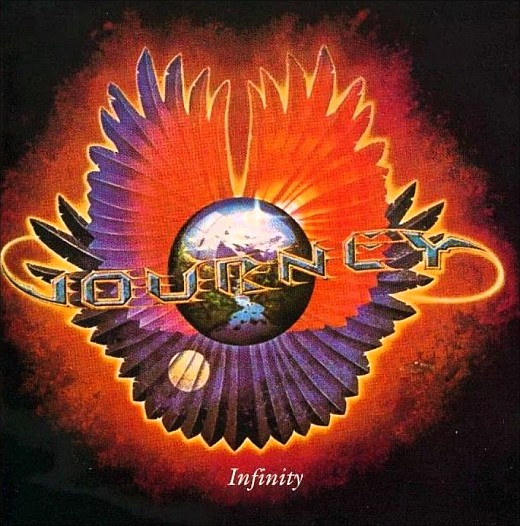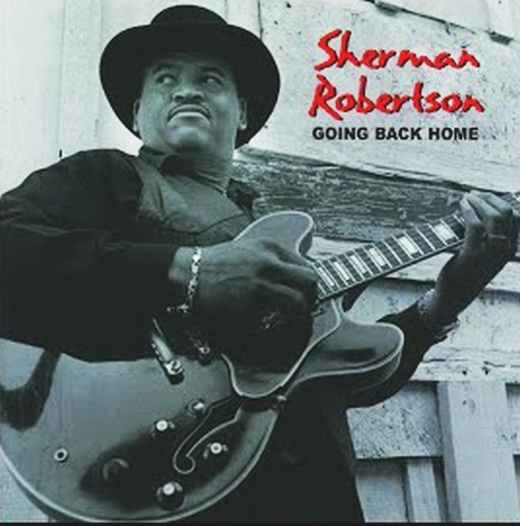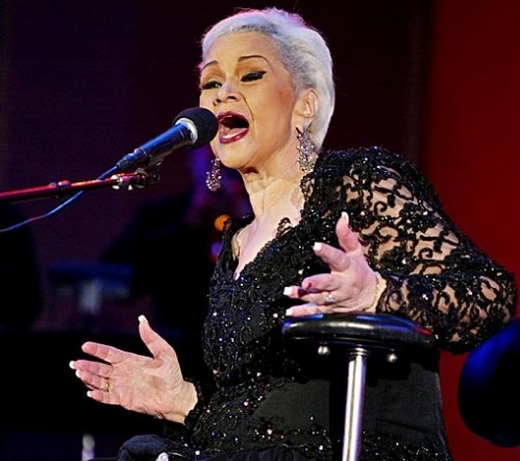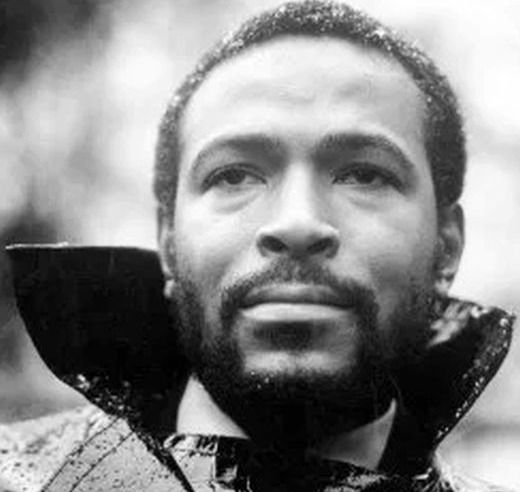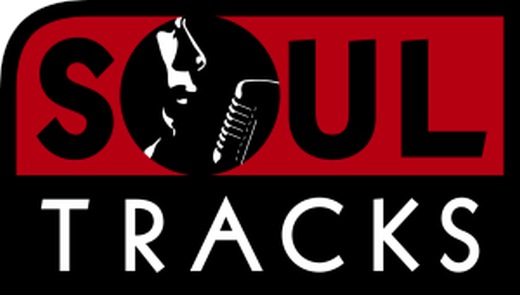
Philip Pullman. Zadie Smith. Giannina Braschi. Wendell Steavenson.
The commercial pressures, the forces urging us to buy and discard and buy again. When everything in public life has a logo attached to it, when every public space is disfigured with advertisements, when nothing if public value and importance can take place without commercial sponsorship, when schools and hospitals have to act as if their guiding principle were market forces rather than human need,…, when citizens become consumers and clients, patients, guests, students and passengers are all flattened into customers, what price the school of morals? The answer is: what it would fetch in the market, and not a penny more. Philip Pullman.
I don’t think of myself as a contrarian. I’m useless at confrontation. But I also can’t stand dogma, lazy ideas, catchphrases, group-think, illogic, pathos disguised as logos, shoutiness, ad hominem attacks, bombast, liberal piety, conservative pomposity, ideologues, essentialists, technocrats, preachers, fanatics, cheerleaders or bullies. Like everybody, I am often guilty of some version of all of the above, but I do think the job of writing is to at least try and minimise that sort of thing as much as you can. Zadie Smith.
A thinker thought, maybe it was Ortega y Gasset, that a country is in decadence when the parts no longer want to be part of the totality. It happened in the Soviet Union, it happened in Spain, it will happen in the States. Giannina Braschi.
I raise a glass. What if there were no borders at all? Imagine if everyone could go anywhere they wanted at any time. Come and work, come and rest, come and look around. Stay if you like, move on, go home. Nation-states are a nineteenth-century invention. Wendell Steavenson.

